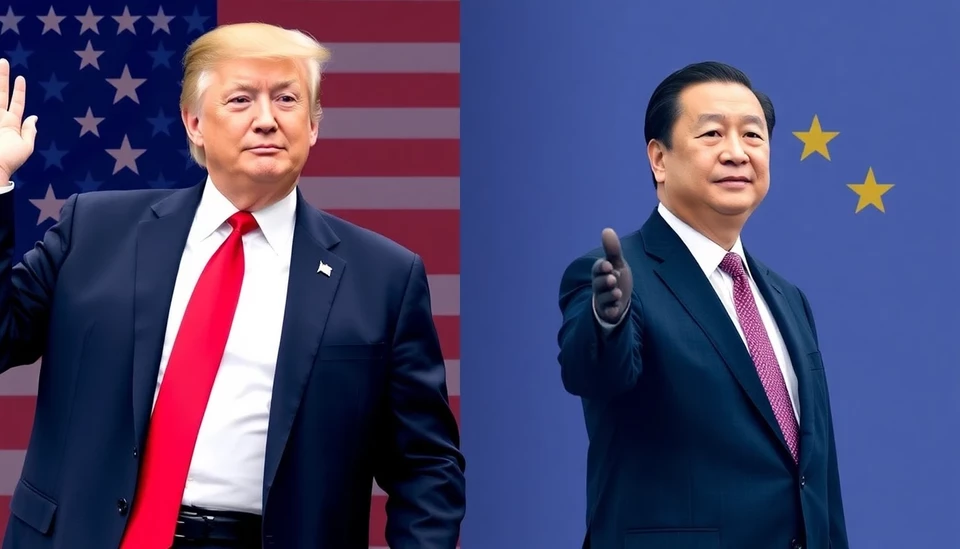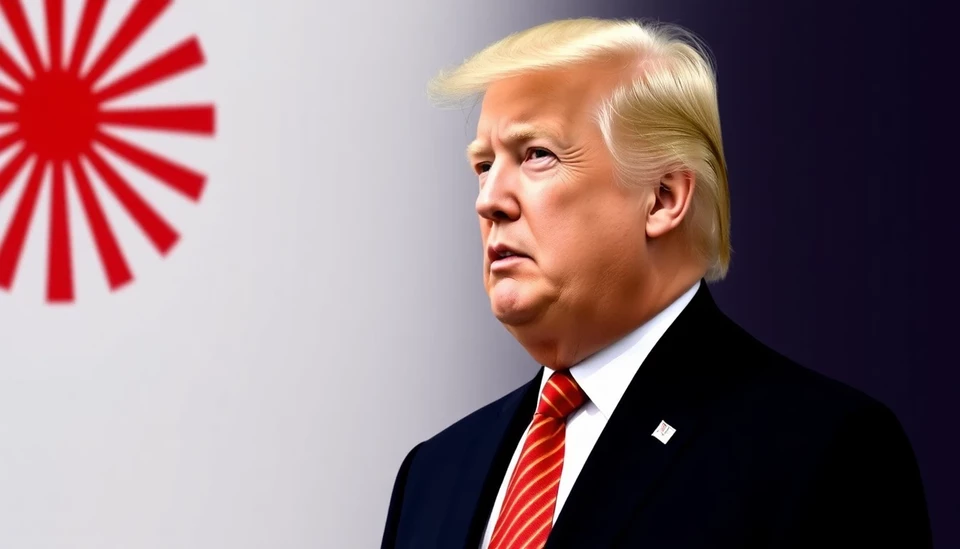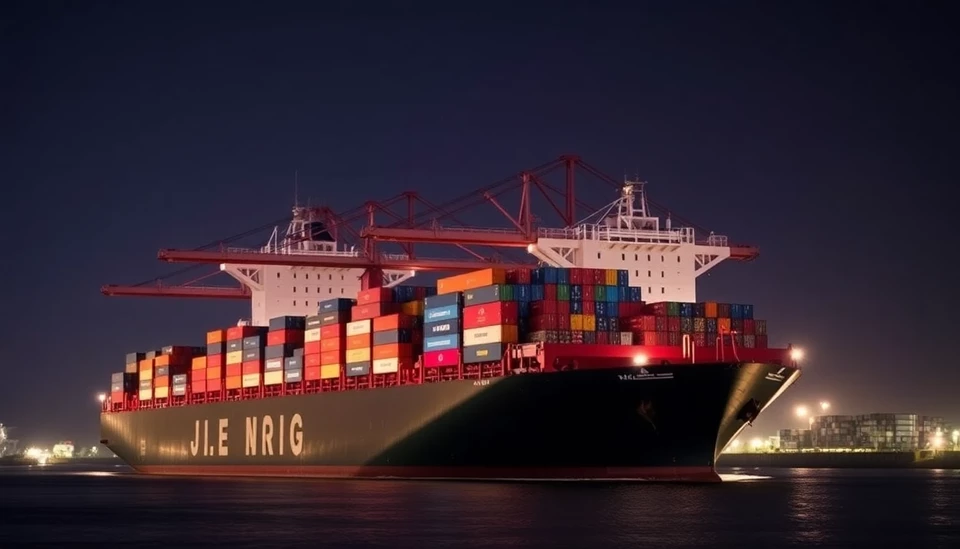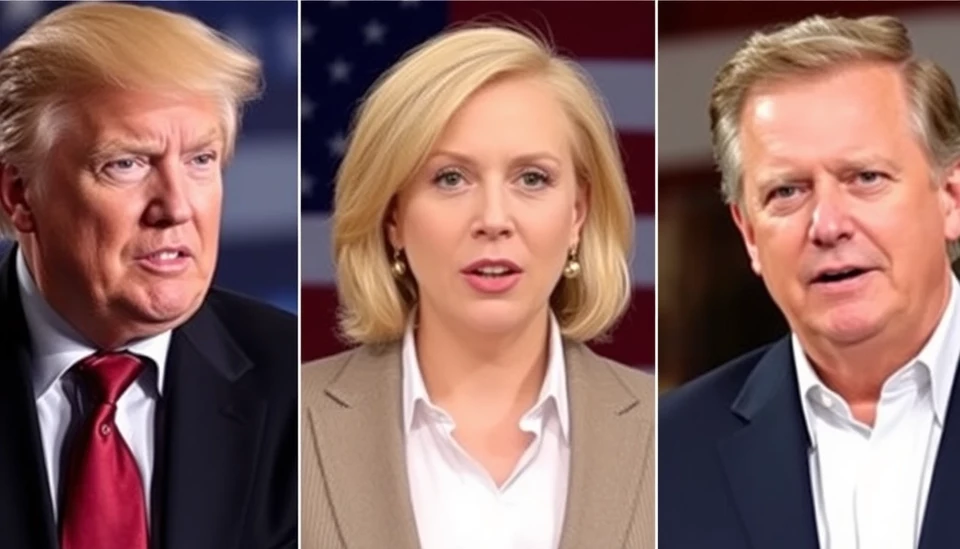
In an increasingly interconnected world, the ramifications of Donald Trump’s political maneuvers extend far beyond American borders, significantly influencing the dynamics between the United States, China, and Australia. Recent discussions underscore how Trump's potential political comeback is being scrutinized by leaders and analysts alike in these regions, raising questions about future diplomatic relations, trade negotiations, and security alliances.
The transcript of a recent podcast sheds light on the complex interplay between these three nations, especially in light of upcoming elections and evolving international relations. With Trump's rhetoric not only continuing to capture American headlines but also shaping foreign policy perceptions, stakeholders from Canberra to Beijing are closely monitoring the political landscape.
A central theme of the podcast is the uncertainty surrounding Trump's possible candidacy in the 2024 Presidential elections and what it could mean for U.S.-China relations. Experts pose the question: Could Trump's return to the White House spell a radical shift in the dialogues between the two global superpowers?
Analysts suggest that a second Trump presidency might revive protectionist policies that had previously strained trade ties with China. Trump's historical stance on China has been characterized by a confrontational approach, often focusing on issues such as trade deficits, tariffs, and intellectual property theft. This combative posture could potentially re-ignite tensions if he adopts a similar strategy upon returning to power.
However, the podcast also examines the implications for Australia. As a close ally of the United States and a key player in the Asia-Pacific region, Australia is caught in the crossfire of U.S.-China relations. The discussion highlights that a Trump presidency may lead Australia to recalibrate its foreign policy, navigating the delicate balance between maintaining its strategic alliance with the U.S. and managing its substantial economic ties with China.
The prospect of fluctuating political allegiances in the U.S. affects Australian investors and policymakers alike. A shift away from multilateralism — which has been a cornerstone of Australian foreign policy — could require Australia to adopt a more independent stance in its dealings with both the U.S. and China.
Another focus of the conversation addressed the importance of international coalitions. The podcast underscores Australia’s role in various alliances, such as the Quad and AUKUS, which aim to counterbalance China’s ascendant influence in the Indo-Pacific. However, the cohesion of these coalitions could be tested should Trump embrace a more isolationist America-first policy, resulting in challenges for Australia in rallying allies on critical regional security issues.
As the podcast concludes, the hosts stress the unpredictability of international relations in light of evolving political contexts. They remind the audience that decisions made now by leaders on all sides will have lasting effects and urge careful observation of how Trump’s potential return impacts geopolitical dynamics in the coming years.
This insightful discussion serves as a timely reminder of the interconnectedness of global politics and the necessity for countries like Australia to remain vigilant in navigating the complexities of U.S.-China relations while safeguarding their national interests.
#DonaldTrump #Australia #China #USPolitics #InternationalRelations #Geopolitics #2024Elections #TradeWars
Author: Rachel Greene




